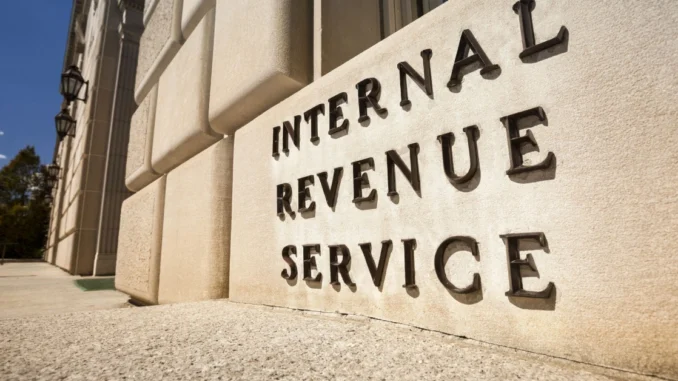
Starting in 2025, new tax brackets and increased standard deductions will slightly boost paychecks and reduce income taxes for many Americans. While the adjustments are modest, they mark an important change that could have a significant impact on your tax situation in the coming year.
Table of Contents
Why These Changes Matter
The Internal Revenue Service (IRS) has made several adjustments for inflation, but this year’s updates are the smallest in recent years. These changes aim to help taxpayers keep more of their earnings and avoid the pitfalls of inflation, which could otherwise push them into higher tax brackets without a real increase in income.
2025 Income Tax Brackets: Adjustments for Inflation
Each year, the IRS adjusts income tax brackets to account for inflation, and 2025 is no exception. This year’s adjustments are designed to prevent “bracket creep,” a phenomenon where inflation pushes taxpayers into a higher income tax bracket despite no actual increase in their real income.
These changes will apply to tax returns filed in 2026, meaning they will impact your tax filings starting in 2026. The adjustments should result in more favorable tax treatment for many taxpayers.
2025 Standard Deduction: What’s Changing?
The standard deduction for 2025 has also been increased, reducing taxable income for many Americans:
- Married couples filing jointly: The standard deduction increases to $30,000, up from $29,200 for 2024 — a rise of $800.
- Single taxpayers: The standard deduction increases to $15,000, up from $14,600 in 2024 — an increase of $400.
- Heads of households: The standard deduction rises to $22,500, up from $21,900 — an increase of $600.
These increases can help lower taxable income and result in a smaller tax liability for eligible taxpayers.
Changes to Estate Tax and Gift Exclusions in 2025
The IRS also announced adjustments to estate tax credits and gift exclusions for 2025:
- Estate tax exclusion: For individuals who pass away in 2025, the basic exclusion amount rises to $13.99 million, up from $13.61 million in 2024.
- Annual gift exclusion: The annual exclusion for gifts increases to $19,000 for 2025, up from $18,000 in 2024.
These increases may benefit individuals planning their estates or making significant gifts in the coming years.
401(k) Contribution Limits: Save More for Retirement in 2025
For those saving for retirement, the IRS has raised the contribution limits for 401(k) and similar retirement plans in 2025:
- The contribution limit for 401(k), 403(b), and most 457 plans increases to $23,500, up from $23,000 in 2024. This increase of $500 allows workers to save more for retirement, which could also lower their taxable income.
- The IRA contribution limit remains unchanged at $7,000.
- For workers aged 50 and over, the catch-up contribution limit for 401(k) and most other plans increases to $7,500, up from $7,000 in 2024.
Additionally, employees aged 60–63 will benefit from a higher catch-up contribution limit of $11,250 for 2025, providing more opportunities to save for retirement.
Montana’s $675 Property Tax Rebate: How Homeowners Can Qualify and Apply
Who’s Exempt? The Complete Guide to FICA Tax and Who Won’t Pay It in 2025
Who’s Exempt? The Complete Guide to FICA Tax and Who Won’t Pay It in 2025
States That Will Still Tax Social Security Benefits in 2025
Impact on 2025 Tax Withholding
The IRS has also updated the 2025 tax withholding tables, which determine how much money employers should withhold from employee paychecks for federal taxes. These changes may result in slight adjustments to the amount of federal income tax withheld, affecting take-home pay for many workers.
Leave a Reply